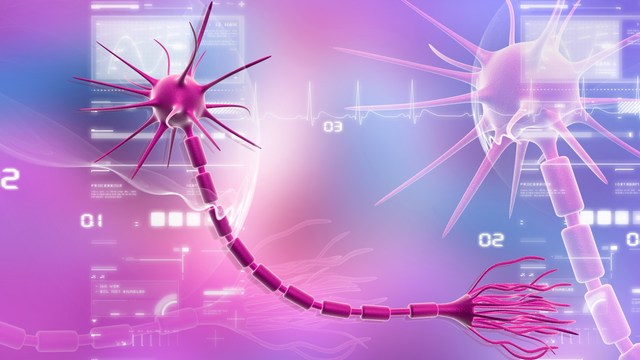People with amyotrophic lateral sclerosis, which is also known as ALS or Lou Gehrig’s Disease, often lose the ability to speak as the muscles in the face and tongue stop working. They are left with a healthy, active brain that is not able to communicate. Researchers at the Wadsworth Center, which is part of the New York State Health Department, are working on a device that will soon provide a direct connection from the brain to a computer.
About ALS
Computer-aided speech
Computer-aided speech is not new to patients with ALS. Devices currently exist that allow patients with very limited ability for movement to control a mouse to select preset words or letters on a computer screen. Some devises track eye movement to select the word or letter the user is looking at. Others use tiny movements of an eyebrow to control the cursor. Using these devises, patients are able to compose text that can be read aloud by the computer interface to substitute as speech.
But what happens when even these tiny movements are no longer possible? The Brain-Connection Interface (BCI) currently under development in Albany, N.Y. may be the solution. The device consists of a laptop computer, an amplifier, a 20-inch monitor, and a cap with electrodes that must be worn by the user. Once the cap is fitted on the user’s head and the system is turned on, the user’s brain is in full control.
How BCI works
Because the electrical energy in the brain changes depending on what the person is doing, the BCI system can be taught what an individual’s brain scan or EEG looks like when he or she is concentrating on a particular item. Once this calibration is complete, the user controls the computer by concentrating on or paying attention to a single letter or word on the screen. The system uses a predictive spelling protocol to help “guess” words as they are spelled. Once a document is composed it can be saved, sent as email, or read aloud by the computer.
Cathy Wolf, who has a doctorate in psychology and has done extensive work in the field of human-computer interaction, has been instrumental in the development and trouble shooting of the Brain-Connection Interface. Wolf was diagnosed with ALS in 1997 and has gradually lost most of her ability to move. Her work in conjunction with researchers at the Wadsworth Center will help ensure that someday no one who is paralyzed will lose the ability to communicate, whether they have ALS, another disease, or are paralyzed following an accident.
“Nothing is more human than the ability to communicate,” Wolf said. “To have that taken away is a tragedy. BCI gives you some of that back.”
BCI is currently in testing. The goal is to make it available soon to anyone who needs the technology to communicate.
Sources:
MDA/ALS Newsmagazine Vol. 15, No. 4






Add a CommentComments
There are no comments yet. Be the first one and get the conversation started!